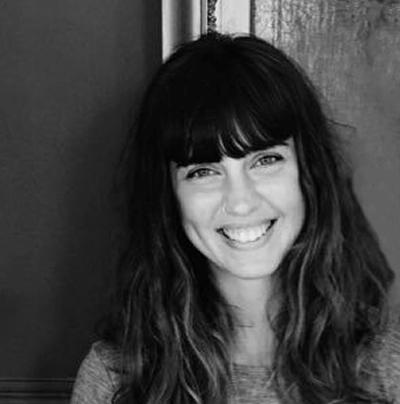Research interests
I am interested in the construction and performance of Jewish identities in the modern city, specifically in relation to sacred buildings, private homes, and public events. The roles of non-Jewish encounters, inner-communal hierarchies, transnationalism, gender, religion, and economic belonging for urban home-making are of particular interest. With an interdisciplinary background in cultural studies and journalism, I use geographical, anthropological, architectural, sociological, literary, cultural economic, and oral historical approaches in my work to investigate spatial and performative identities of Jewish individuals and communities.
In my PhD-thesis, I explore the construction, contestation and maintenance of Stockholm’s Jewish population’s multiplicity of religious buildings, as well as the performance of diverse bodily movements in between them, aiming to evaluate communal and individual strategies for making the Swedish capital a Jewish home between their emancipation in 1870 and the Second World War. Although being a small community and residing in a relatively stable societal setting, the Jewish community in Stockholm still expressed an interest in religious institutions and traditions, such as synagogues, ritual baths, the keeping of kashrut, and religious schools, explicitly expressed through communal, individual and non-Jewish commitment to the construction of different synagogues and the practice of religious customs at elite funerals. I find that the construction and survival of Stockholm’s Jewish community religious landscape demanded non-Jewish cooperation and inner-communal dependence. Individuals and smaller groups in the margins strategically approached these relational spaces to try to impact the outlook of Jewish sacred places. The result was multiple material and bodily versions of Jewishness in the public, largely non-Jewish milieu. The Jewish population’s urban fragmentation needed traditional institutions to promote the continuation of Jewish rituals and social cohesion. The streetscape of Stockholm between 1870 and 1939 was, therefore, as a stage for Jewish religious performances, the spatial arena negotiated and contested in individual ways to collectively communicate, emphasise and convince the non-Jewish society of their belonging to the Swedish nation as religio-cultural Jews and national Swedes.
PhD research
Between Marginality and Multiplicity: Mapping Jewish Public Home-Making in Modern Stockholm
Supervisor: Joachim Schlör
Funded by: Leibniz Institut für Europäische Geschichte, The Vice Chancellor’s Award in History (University of Southampton), Memorial Foundation for Jewish Culture, Helge Ax:son Johnsons stiftelse, and Gertrude och Ivar Philipsons stiftelse.
Research group
Parkes Institute for Jewish/non-Jewish Relations
Affiliate research group
Doctoral fellow alumna, Leibniz Institut für Europäische Geschichte (Mainz), 2019
